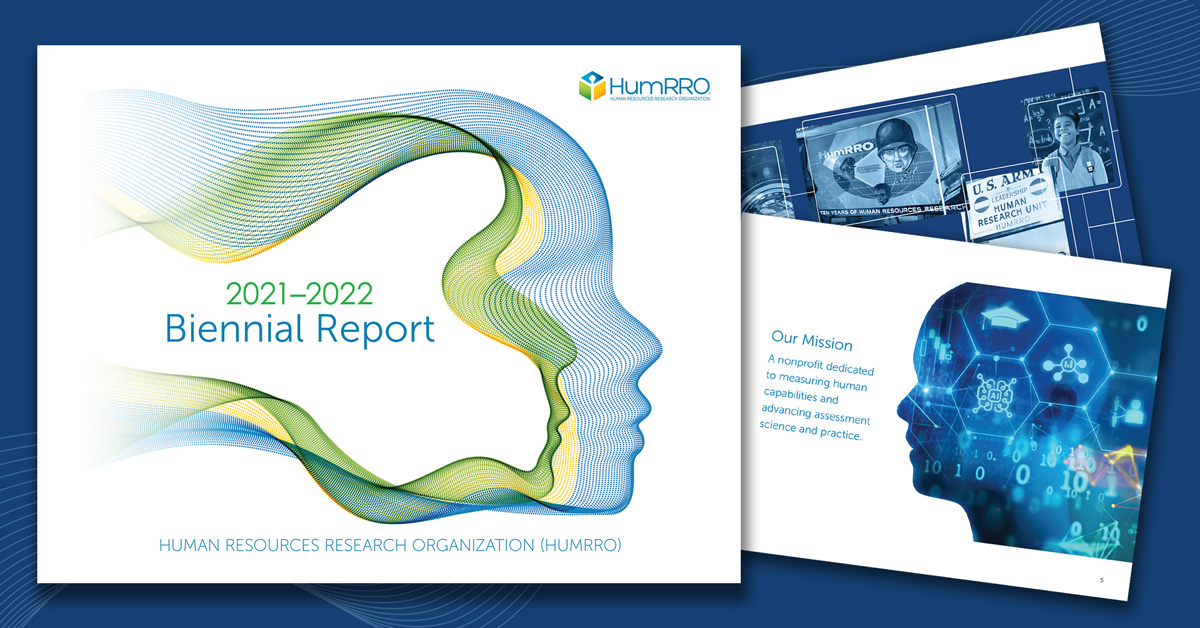Performance appraisal is inevitable, but the source of performance ratings can be determined by organizations. Job performance is typically evaluated based on “subjective ratings,” or ratings from people observing the focal employee’s behaviors. These people include supervisors, coworkers, direct reports, and even the employees themselves. You might be thinking, “Why would I trust employees to rate their own performance? People will just rate themselves high on everything!”
It is true that in psychological research, self-ratings have traditionally had a bad rap because it was assumed that people would be motivated by social desirability bias and positively distort ratings about themselves. After all, would you really admit to procrastinating on that technical report, or not helping a coworker? Therefore, performance has been widely assessed by ratings from other people or “observers” (i.e., supervisors, coworkers, and direct reports) because they are viewed as “objective ratings.” However, several large-scale studies have recently shown that observer-ratings are flawed and that self-ratings may not be so bad after all.
Each rater source comes with its own set of pros and cons:
- Supervisors are by far the most popular source and are useful given that they are familiar with the job. They probably occupied the focal position previously and are knowledgeable about the job duties. However, supervisors may not work in the same location or for other reasons, and may not have a lot of opportunity to witness the employee engaging in work behaviors. Therefore, supervisors may rely on the outcomes of employee behaviors rather than the behaviors themselves. They may also be susceptible to halo error in that an impression of one performance dimension gets generalized to another dimension.
- Coworkers are the least used, probably because coworkers tend to be friends with the focal employee and may be biased by liking to give high ratings, even if that doesn’t match reality. Or, coworkers could intentionally give low ratings if under the impression that there is competition for rewards. Nevertheless, coworkers work nearby and most likely have a lot of opportunity to observe actual work behaviors.
- Direct reports can be a useful source of information, especially in the context of leadership ratings. Given that direct reports are the direct recipients of leadership behaviors, this rater source should have the most knowledge about a leader’s performance. On the other hand, they may be inexperienced and not have the ability to provide accurate ratings.
Research has demonstrated that self-ratings and observer-ratings do overlap to some extent, and may be sometimes redundant. This suggests that if you already have ratings from the employees themselves, obtaining ratings from an observer may not provide you additional information. Despite some imperfections, perhaps self-ratings should be brought back, given their utility. After all, who knows about your job performance better than yourself? You are the one person who is constantly aware of all your behaviors at work every day. In fact, a large-scale study found that employees actually report engaging in more negative work behaviors than observers reported! Who would’ve thought that you would be so honest about regularly arriving late to work?
The bottom line is that ratings from employees themselves may be problematic, but so are ratings from supervisors, coworkers, and direct reports. The next time performance review comes around, think twice before shunning self-ratings.
Posted by:






